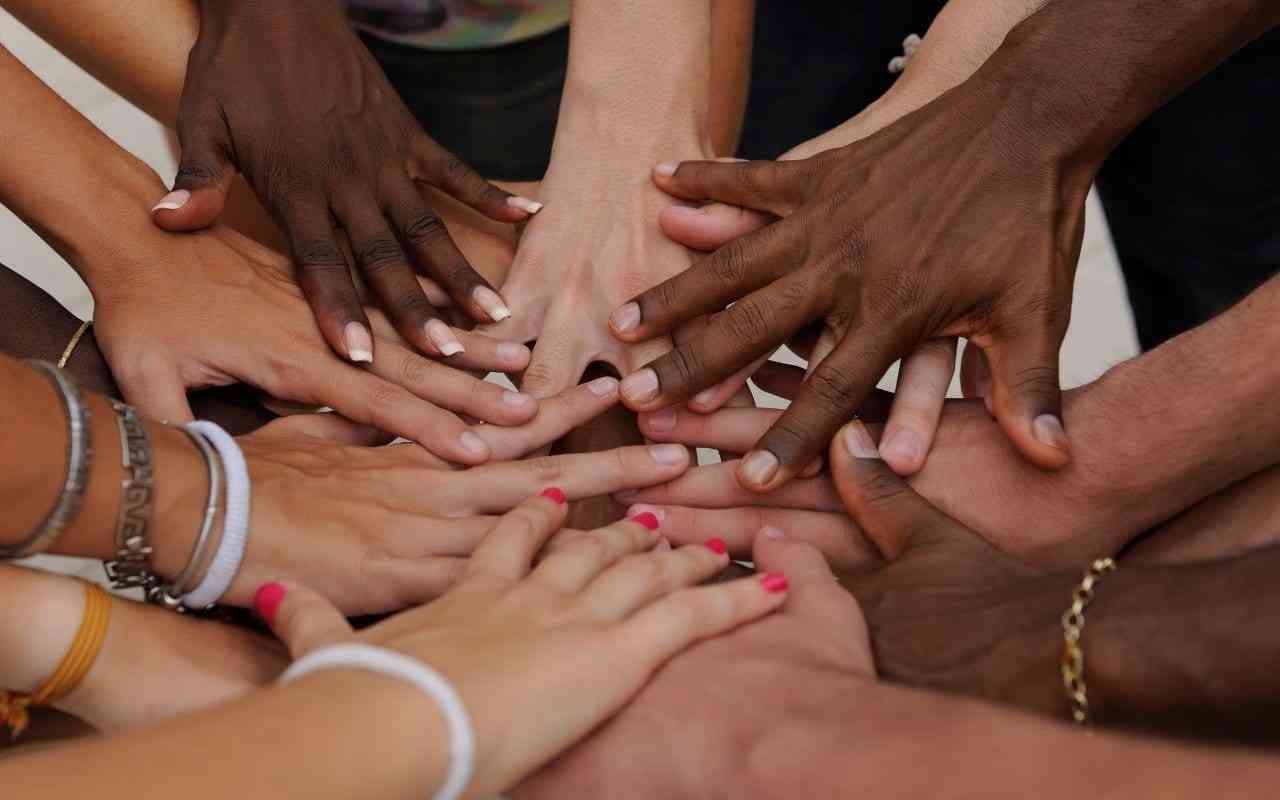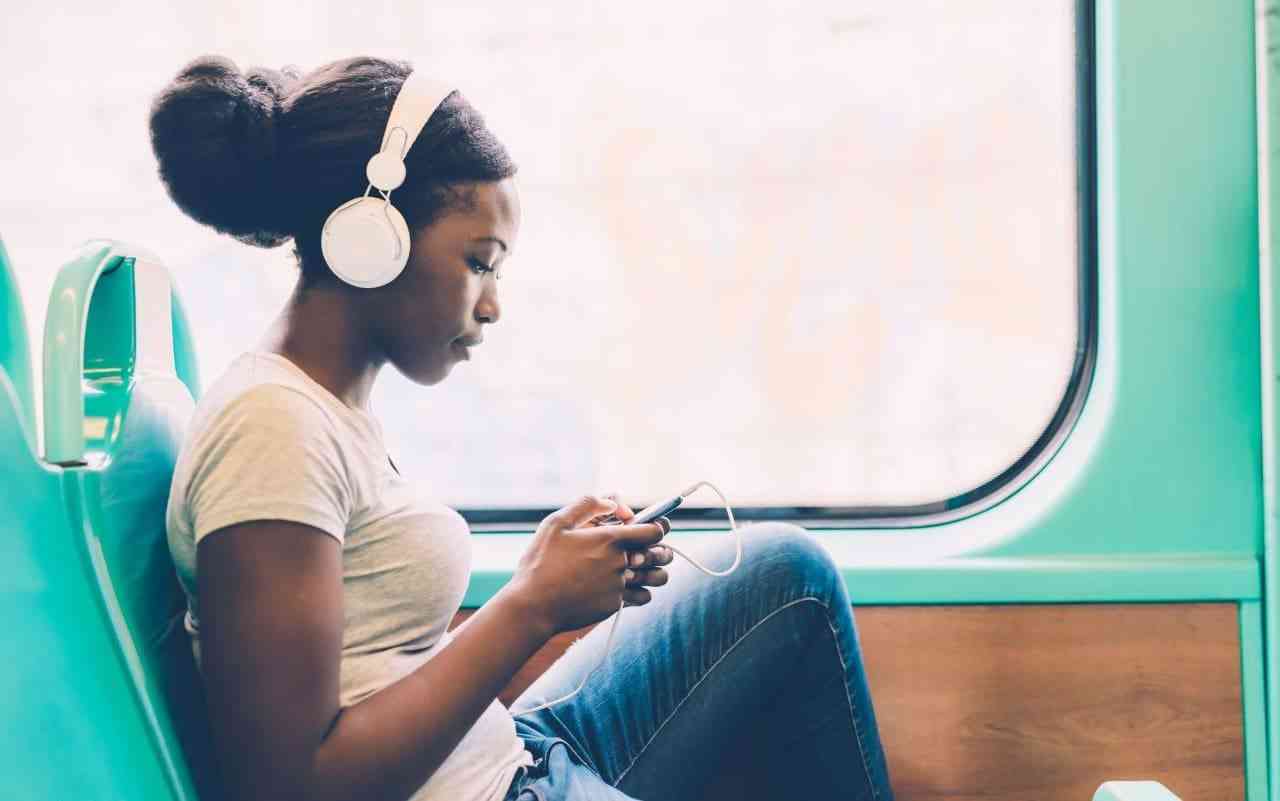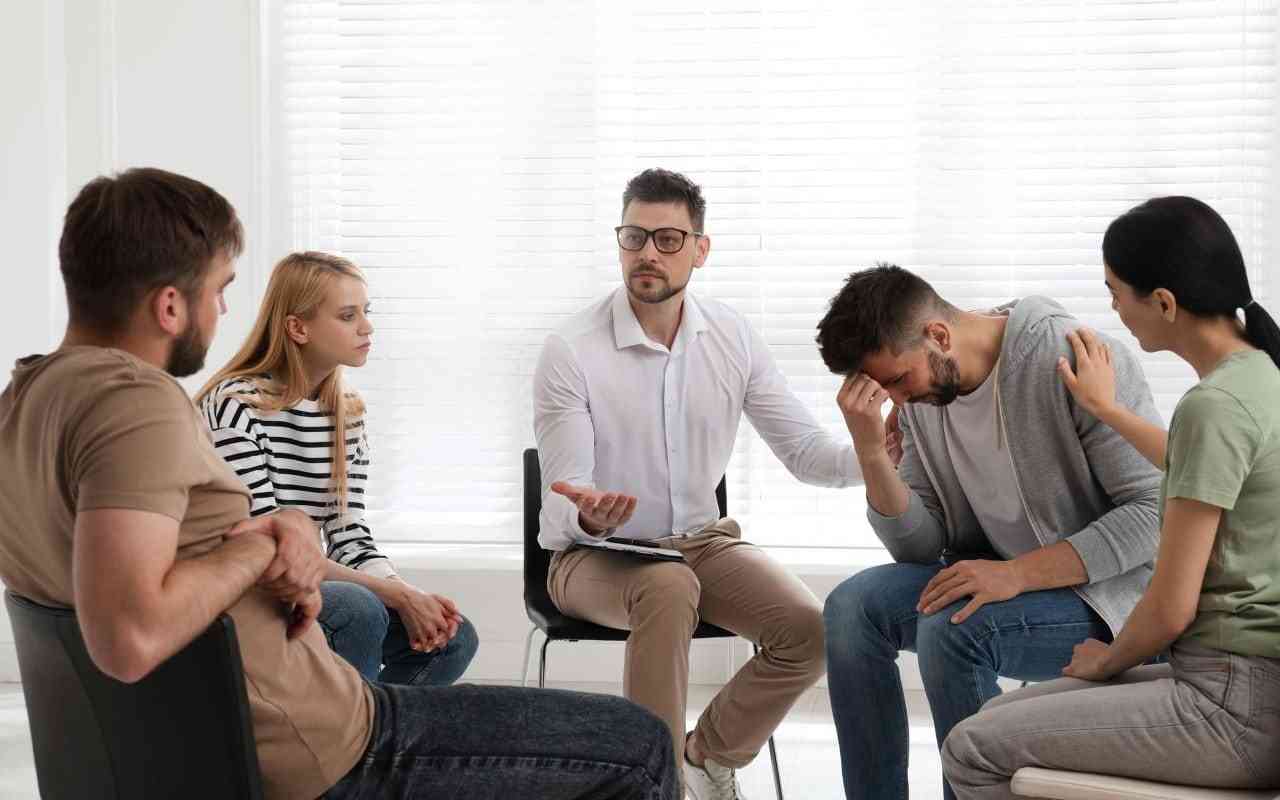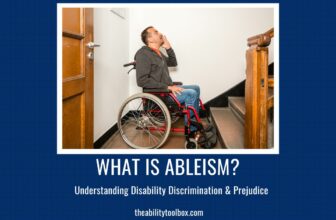
Every Monday, I log onto Zoom video chat and meet with a group of Black men and women who are participating in a voluntary, court-supervised mental health court. You would like them. They are smart, funny, kind, thoughtful, interesting, generous, and articulate. These are things someone would say about me. They are also, through no real fault of their own, living in poverty, have limited educations, and are doing jobs that pay minimum wage and that no one else wants. Some are unhoused, severely mentally ill, solely dependent on family, have criminal records, are seen as burdens on society and their communities, and lack resources and access to upward mobility. These are all things that no one would say about me.
I lead this peer National Alliance on Mental Illness support group (Connection) with a number of men and women who have pled guilty to a non-violent felony. They are part of a program called Felony Mental Health Court. Mental Health Courts are known as Accountability Courts, and they're similar to drug courts and veterans courts. These programs define accountability as taking responsibility for your behavior and taking action to repair the harm.
From my county's Felony Mental Health Court website: “The County Felony Mental Health Court (CFMHC) began operation in January 2016 as a two-year judicially supervised treatment/alternative sentencing program to assist felony offenders who present with severe and persistent mental illness and/or co-occurring disorders. The program targets and engages moderate to high-risk (recidivism) and high-needs (service needs) participants in intensive outpatient treatment services as that of the County Drug Court (CDC) model. The program participants also present with an extensive history of non-compliance with medication and treatment in the community, in addition to multiple risk factors, such as significant criminal histories, housing issues, etc.”
I was nervous at my first support group, wondering if they would work with me and be able to open up and share. Would I be relatable? I had nothing to worry about. The participants come to me to join a community of participants that are looking to heal their wounds from mental illness and create a space where they can share their hopes, dreams, and fears. This is different from their other program requirements.
The group is laid back and casual and many of them are in a support group setting for the first time. Some of them are nervous and even tell me off the bat that they will not be sharing personal details. (That is not required by the way, just encouraged.) At first, they are resistant to the overall program. They do not like all the rules and responsibilities. They think every requirement is too strict and they are being treated like children (so they tell me). The reality is they have not been living a structured life or made their mental and physical health a priority. They have never done this, and it has landed them where they are right now.
I watch them grow over the two years they are with me into more confident, competent, and capable human beings who are ready to face life head-on. They learn to deal with their mental health challenges as they never have before.
By the end of the two years, participants are making statements like this:
“The program provides accountability and helps you see how what’s going wrong in regular life is holding me back and now I can take care of my mental health better and have a brighter future.” –T
As good as this program is and how progressive it is to keep severely mentally ill people out of jail, it does not make up for the fact that society has failed those with mental health conditions. They should have never fallen into these situations. They should have never been arrested while having a mental health crisis. They should have been diverted to a hospital.
There was so much we could have invested in that would have prevented them from getting into trouble mentally and physically in the first place and prevented them from dealing with recidivism. We as a society could have treated them as a priority and designed community-based systems that could have mitigated all of this behavior.
Here are some things we can do as a society to support people with severe mental illness while reducing crime and recidivism:
This list was made with my support group members
- More interventions in schools and colleges
- Educate parents about signs of mental illness
- Teach mental hygiene
- Teach mental health first aid to everyone
- Provide more treatment beds
- Reduce mental illness stigma and sanism
- Learn and pay attention to the early signs and symptoms of mental illness and intervene
- Have universal health care
- Better-trained police officers
- Mobile health units responding to mental health crises instead of officers
- More crisis centers
- Better education of churches
- Community compassion for people with mental illness
- More resources for the unhoused
- Better care for veterans
- More battered women’s resources
- Mental health parity
- Low-cost or free interventions
- More advocacy agencies driving public policy
- Addressing child abuse
- Addressing gendered violence
- Higher minimum wage
- Mental health-friendly workplace policies
- More Section 8 vouchers – and require landlords to accept the vouchers
- Rent subsidies and more options for affordable housing
- More ACT (Assertive Community Treatment) Teams
- Jobs and housing that don't discriminate against people with felonies
- Stop denying student loans because of felonies
- No credit check for housing
- Therapy for homeless people
- Training of pastors and congregations
- Free community-based groups like the National Alliance on Mental Illness
- More money for research for better interventions for the severely mentally ill
- Better training of schoolteachers and counselors
- Better support for families who are helping a family member
- Programs similar to MHC before getting in trouble with the law
- More halfway houses (good ones)
As you can see we have so much to do, and with political and community will, it can all be done. Politicians talk about how we have a mental health problem in this country but fail to act in a systemic way to effect major change. We must rise and protect the most vulnerable. We just need the will to do it.
Society has failed these people and there should be no need for these courts. There was no need for these people to be in a situation where they needed to be arrested. We could have intervened before a crime was committed and even after, if it was a result of the mental illness, to avoid them getting involved with the criminal justice system. Mental health court serves a vital purpose, but we can do better so we never need such a court.
My support group members are awesome human beings who have been given a second chance. If they are going to succeed with a severe mental illness, they need strong community and familial support on an ongoing basis. I encourage the reader to take action and get involved in ensuring people like my group participants do not fall through the cracks.
Most of us fear criminals. But we are wrong about these people. They are just like us. Many of them are born into circumstances they have no real control over. Most of them come from marginalized communities that lack resources. So I ask when you vote you vote for them. You do advocacy for them. You do not forget them. You hold your elected officials accountable to them. You monitor your courts and hold them accountable. With all of our will, we can do this.
What would it be like to make a better life for someone else? I can tell you it is amazing.
Will you join me?
Image by mangostock via Deposit Photos
I am Black, lesbian, disabled, mentally ill, fat, a birth mom, mom and grandmom (grand ma Coco to be exact) and Funny. I am a woman who is constantly fighting for my and your liberation.
I have a history of working for those living at the margins mostly in activist and nonprofit spaces. I currently work in the mental health field serving those who have been convicted of felonies and are in mental heath court. I am also a writer. I write about disabilities, chronic illness, mental health, racial trauma, sexual violence and disordered eating. I am also a public community speaker on the same topics. Hit me up if you need my writing or speaking skills.
Please use she or her pronouns when referring to or about me.








